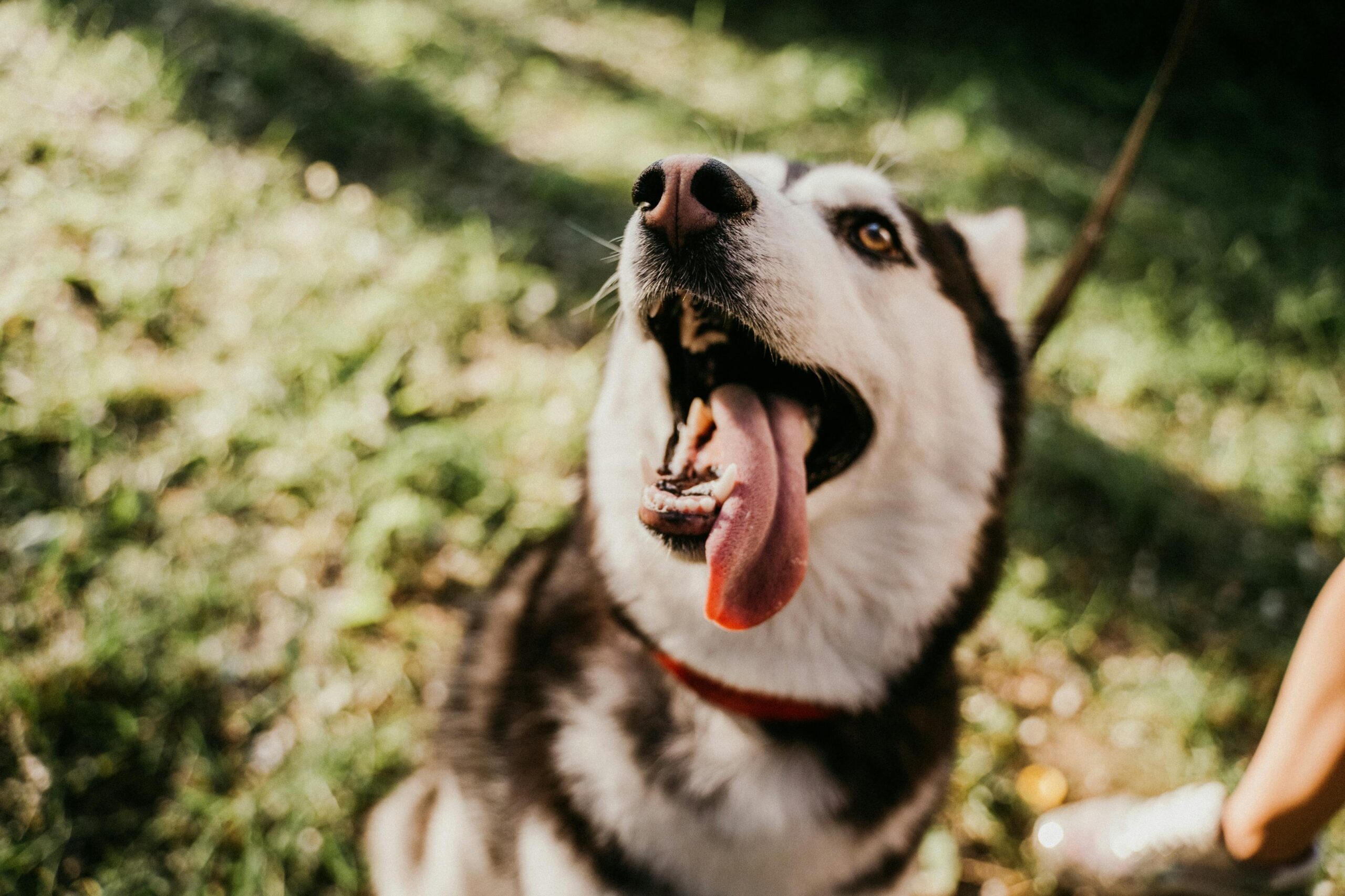What Are Animal and Human Bites?
Bites from animals or humans cause wounds such as scratches, teeth marks, puncture wounds, or deep cuts. Cat bites often create deep puncture wounds that are especially risky. These wounds can lead to complications like bleeding, infection, tissue damage, or transmission of diseases like tetanus and rabies.
You can ask your own question to a licensed healthcare provider here for free. It may take up to 7 days to get an answer. If you want a consultation in minutes, book now with Hope+ our premium and best health consultation service in Uganda.
Symptoms of Animal and Human Bites
- Teeth marks, scratches, lacerations, or puncture wounds
- Bleeding from the wound
- Pain, swelling, and redness around the bite
- Signs of infection such as pus, warmth, or increasing pain
How to Manage Animal and Human Bites
Immediate First Aid
- Clean the wound thoroughly with plenty of clean water and soap to remove dirt and foreign bodies.
- Apply pressure to stop excessive bleeding if necessary.
- Rinse the wound again and allow it to air dry.
- Apply an antiseptic like chlorhexidine 0.05% or povidone iodine 10%.
- Soak puncture wounds (especially cat bites) in antiseptic for 15 minutes.
Medical Treatment
- Thorough cleaning and removal of dead tissue (debridement) are important and usually done by healthcare workers under local anaesthesia.
- Bite wounds should not be stitched because this increases the risk of infection.
- Wounds on the hands, face, or deep wounds should be referred to a hospital for specialist care.
Prevention of Tetanus and Infection
Tetanus Vaccination
- If not vaccinated within the last 10 years, a tetanus toxoid injection (0.5 ml) should be given.
Antibiotics
- Antibiotics are prescribed for:
- Deep puncture wounds (especially from cats)
- Human bites
- Severe or extensive wounds
- Wounds on face, genitalia, or hands
- Immunocompromised patients
- Typical antibiotics include:
- Amoxicillin 500 mg every 8 hours for 5-7 days (children: 15 mg/kg per dose)
- Metronidazole 400 mg every 12 hours (children: 10-12.5 mg/kg per dose)
Important Notes
- Routine antibiotics are not needed for small, uncomplicated dog bites unless infection develops.
- Seek medical attention promptly if you notice signs of infection or if the bite is deep or on a sensitive area. Early treatment prevents serious complications.


